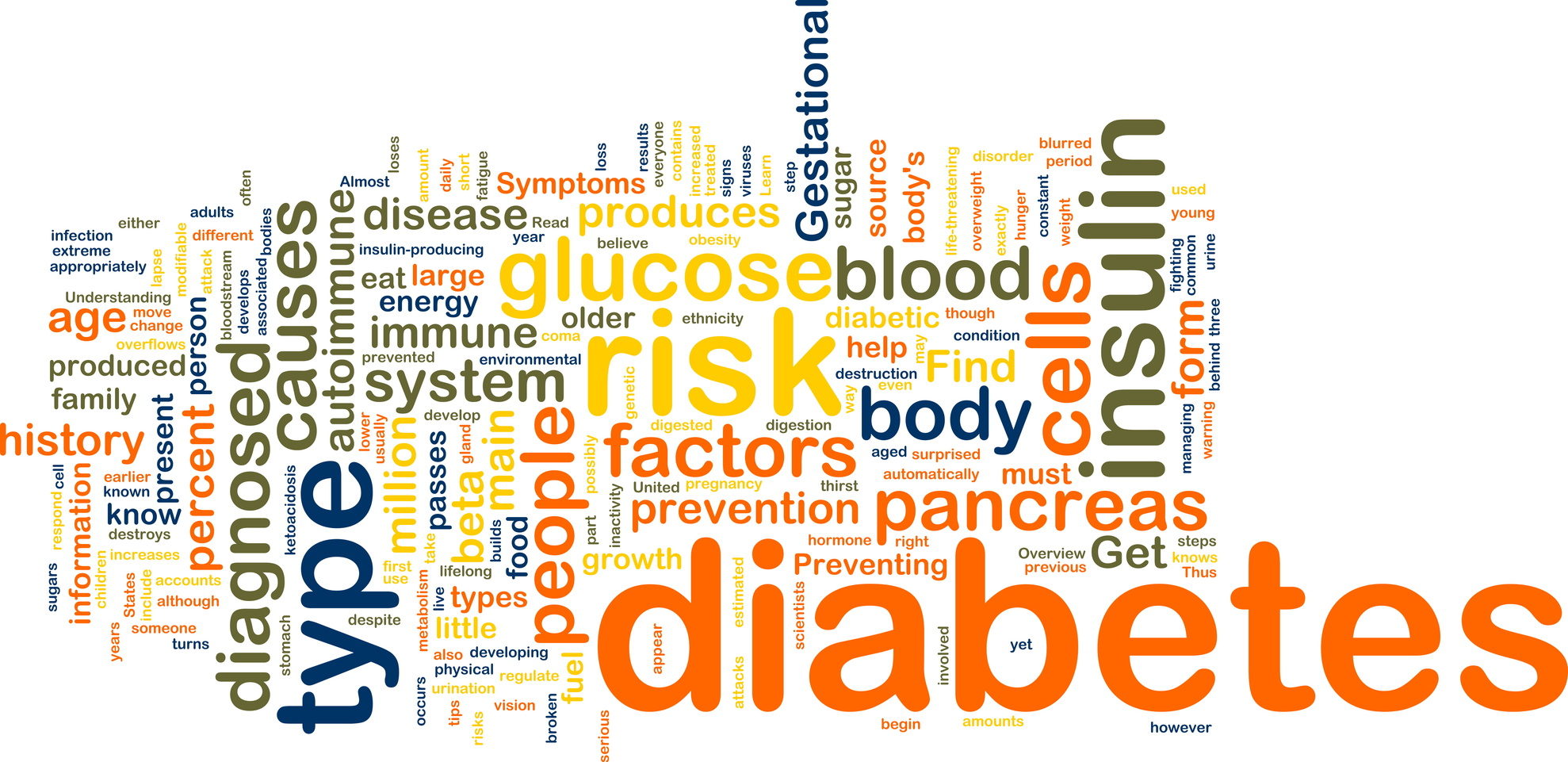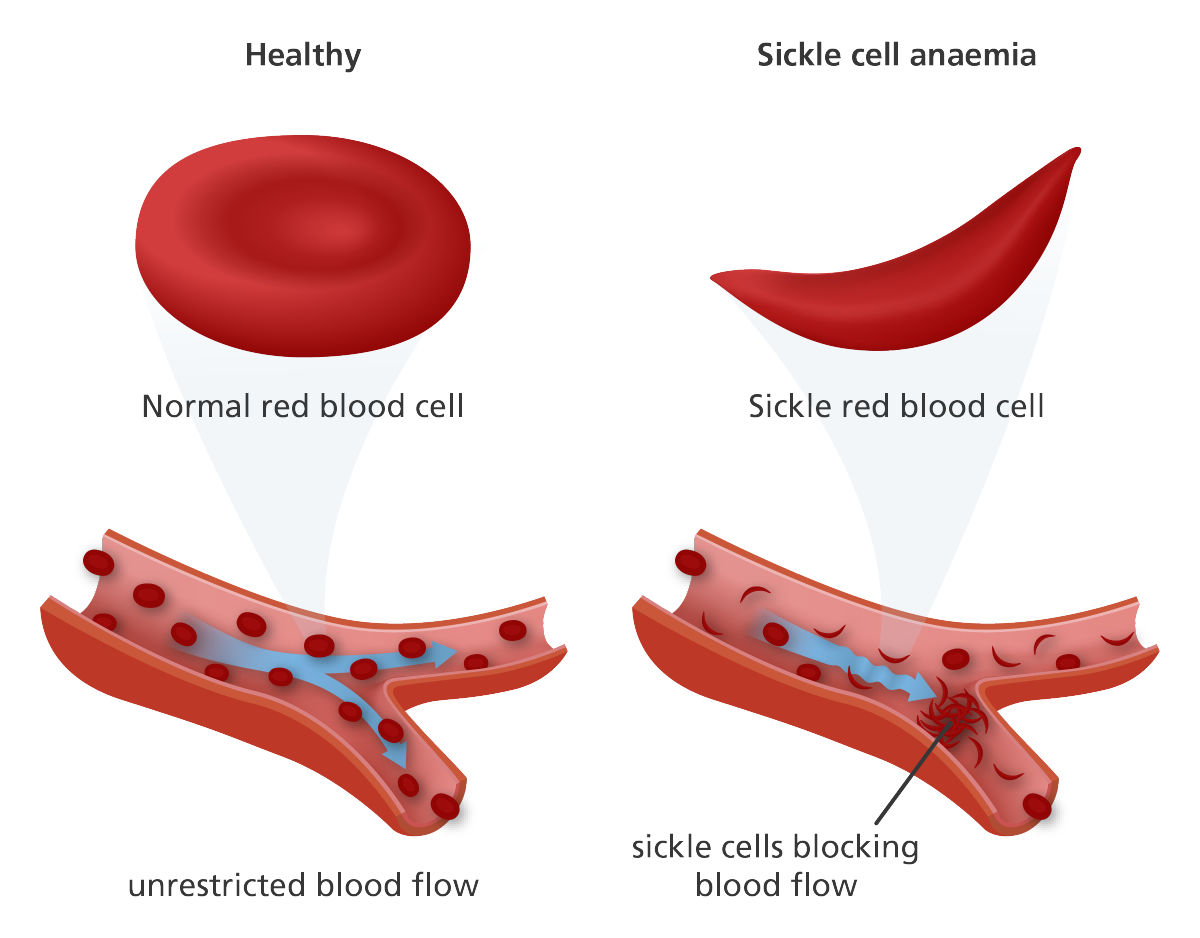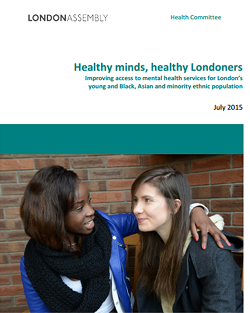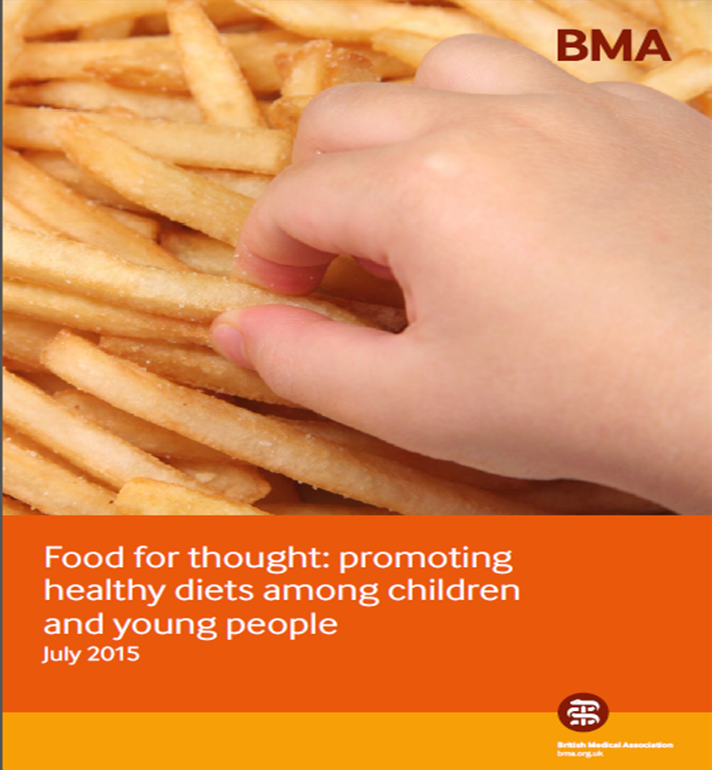The British Medical Association (BMA) has recently published a report entitled Food for Thought which aims to provide recommendations on how to promote a healthy diet among children and young people. The report was conducted in recognition of doctors’ increasing concern about the impact of poor diet on the UK’s health with high levels of ill health and premature mortality which all significantly drain the NHS’s resources. The BMA’s report recommends the following:
Overall approach to diet-related ill health
- A strong regulatory framework should be central to the approach to reducing the burden of diet-related ill health in the UK, focused on interventions that limit commercial influences on people’s dietary behaviour and encourage healthy dietary patterns.
Improving attitudes and knowledge
- High-impact and sustained social marketing campaigns should be used to improve attitudes and knowledge about healthy dietary behaviour and the health risks of a poor diet.
- Local authorities should work with schools to achieve the wider implementation of the whole-school approach for promoting healthier diets throughout the UK.
- There should be adequate resources to support all healthcare professionals in addressing dietary behaviour where possible and clinically appropriate.
Restrictions on mass media advertising and other marketing communications
- Regulations should be developed to prohibit the marketing of unhealthy food and drink products to children and young people.
- The marketing of unhealthy food and drink products in schools should be prohibited.
Regulating industry practices and changing the retail environment
- The UK health departments should commission a review of how the regulation of sales promotions can be strengthened to ensure they favour healthy options and deliver public health benefits.
- Regulations should be developed that prohibit retailers from displaying and promoting unhealthy food and drink products at checkouts and in queuing areas.
The physical availability of unhealthy and healthy products
- Local authorities should be provided with the power to restrict the future number, clustering and concentration of fast-food outlets locally.
Food in schools
- Legislation should be introduced in England to ensure that mandatory school food standards apply to all academy schools and free schools.
- A free fruit and vegetable scheme should be available to all primary school children throughout the UK five days per week.
- Consideration should be given to extending the provision of free school meals in Northern Ireland and Wales to be universal rather than based on entitlement.
Hospital food standards
- The UK health departments should work together to develop and implement consistent and comprehensive hospital food standards, which should be introduced as a statutory requirement.
Other food available in the hospital environment
- The sale of all unhealthy food and drink products should be phased out in all NHS hospitals, supported by the development and implementation of UK-wide mandatory regulations.
Food standards in social care setting
- Nutritional standards should be developed and implemented for the provision of food in all care homes in the UK, and should be a statutory requirement.
Regulating the nutritional content of processed food and drink products
- A one-year target should be set for manufacturers, retailers and caterers to not produce or sell any food and drink products containing artificial trans fats in the UK.
- All manufacturers, retailers and caterers should prioritise action to systematically reduce salt levels in all food and drink products sold and produced in the UK.
- UK-wide targets, to be achieved by 2020, should be set for manufacturers, retailers and caterers to reduce calorie, fat, saturated fat and added sugar levels for certain product categories
Fiscal measures that favour healthy diets
- A tax should be introduced on all sugar-sweetened beverages, which increases the price by at least 20%.
- Consideration should be given to the introduction of fiscal measures to subsidise the sale of fruit and vegetables.
International cooperation on nutrition
- The UK Government should lobby for, and support the World Health Organization in developing and implementing an international treaty on food and nutrition in the form of a Framework Convention on Healthy Nutrition.
The BMA recognises that these recommendations will not sit well with the government strategy of working with the food industry and this is where organisations like The Lake Foundation can make a difference as we aim to work in the best interest of the public. We support these recommendations as they recognise the importance of making healthy eating more affordable and accessible whilst making unhealthy food less affordable and accessible. We believe this is very important as the black community is disproportionately affected by diet-related diseases such as diabetes and high blood, and thus these recommendations, if implemented, would be of great benefit to our community.
You can download the BMA’s complete report below.
















